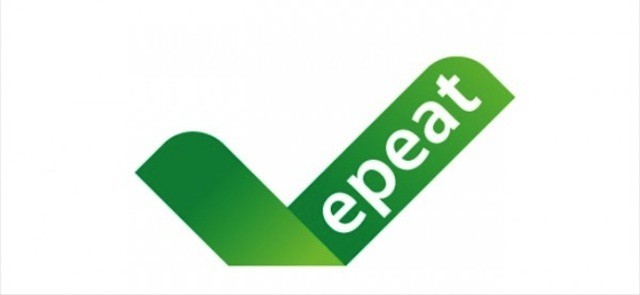Just days after word broke that Apple had decided to withdraw its products from the EPEAT registry, San Francisco announced that the city would will stop procurement of Apple’s Mac desktops and notebooks. The move may be the first of many such announcements as many local, state, and federal agencies mandate purchases of only computers that meet the EPEAT criteria.
Apple’s decision to remove 39 of its products from the registry is puzzling to many considering that Apple is very vocal and transparent about the environmental friendliness of its products and processes. Apple was also one of the companies that helped create the EPEAT standards in 2006.
The general assumption is that Apple’s decision has to do with the standard’s requirement that all devices must be easy to disassemble for recycling. Apple’s pursuit of designs using custom parts that maximize space in order provide additional performance and battery life has led to products that cannot be easily disassembled for repair or recycling. In some cases, Apple has also deliberately made products difficult to dismantle to discourage users from attempting repairs or modifications – and make it obvious to Apple if that has happened and thus voided a product’s warranty.
The big question now is how big of an impact this will have on Apple. That impact could come on two fronts: enterprise organizations being blocked from buying Apple solutions and the public perception of Apple’s decision.
From an enterprise viewpoint, this could cause some agencies, schools and colleges, and some businesses to avoid the products that Apple removed from the EPEAT list. In addition to San Francisco, The Wall Street Journal’s CIO Report notes that major universities, including Cornell and UC Berkeley, are reconsidering their use of Apple products.
It’s hard to say exactly how badly this could hit Apple in the enterprise and business markets. Given that Macs are still a minority in many enterprises, particularly government enterprises, Apple may not see a horrific impact on Mac sales. San Francisco officials admitted that Macs represent a small fraction of the cities computers – about one to two percent. That amounted to spending just $45,579 on Apple products according to city records for 2010.
The impact isn’t expected to include iOS device purchases, however. EPEAT standards are currently only available for computers, displays, and thin client terminals. That means enterprise and education sales of iPads and iPhones should be unaffected. Most of Apple’s enterprise sales are centered around iOS devices. Even if they were impacted, the trend of employees using personal iPhones and iPads would cushion the blow for Apple.
As Gartner analyst Michael Gartenberg points out, this means it’s possible that the impact may be noticeable without creating a dire situation for Apple.
Is there some significance? Yes. Major significance? No. Given the relatively small percentage [of organizations] that require 100% EPEAT-compliance, it’s not going to make a whole lot of difference to Apple.
Public perception, however, could be a different matter. Greenpeace already tends to take shots at Apple’s environmental record. In much the same vein, the NY Times could use the move as another way to point out environment issues within the electronics and technology industries while focusing on Apple. That could lead to more anti-Apple protests like the ones seen around working conditions at Foxconn factories in China.
On the other hand, Apple could use the move to illustrate its green initiatives including moves to power its data centers using green power sources. Whether the company can reframe the discussion to focus on its green track record is anybody’s guess at this point.
Source: Wall Street Journal
Via: MacRumors


